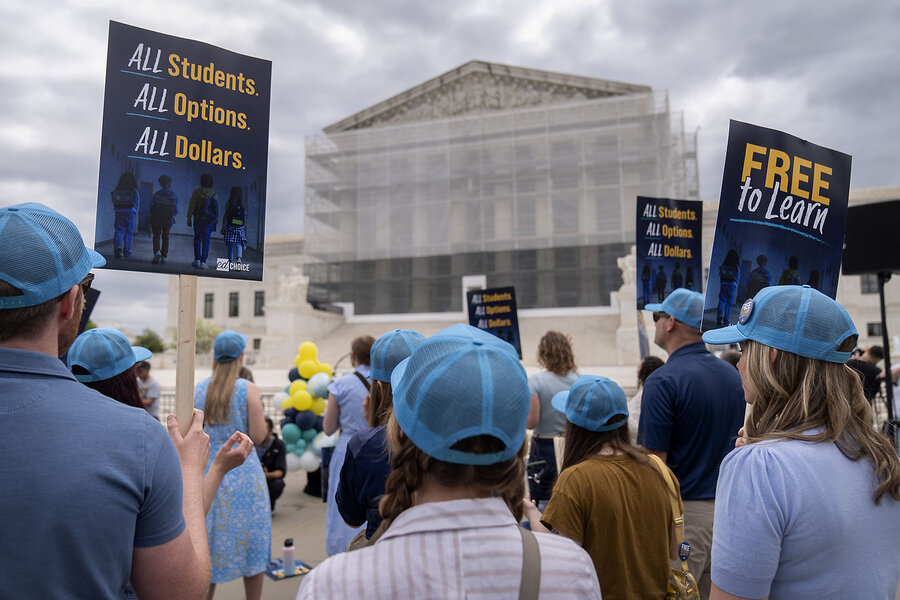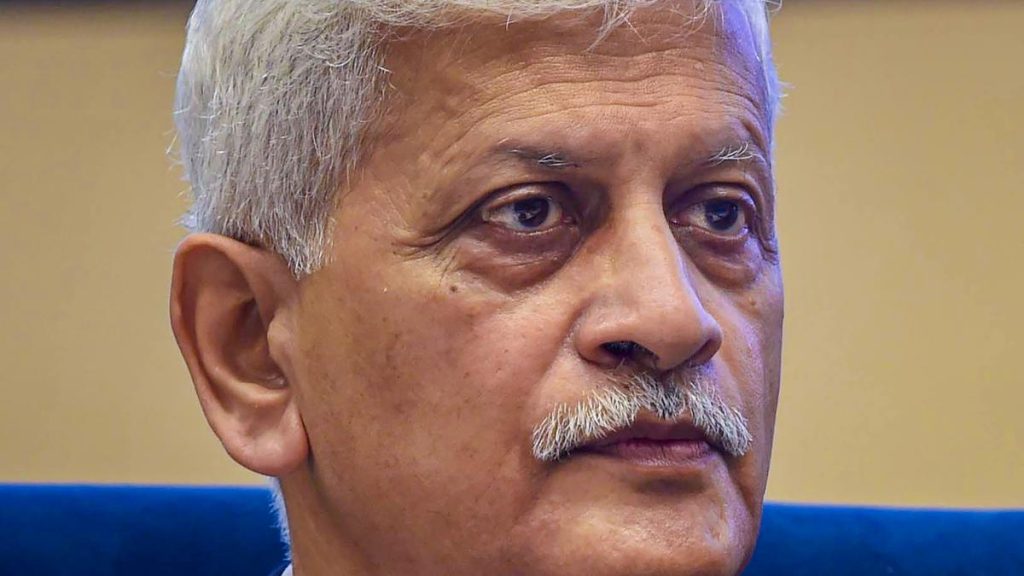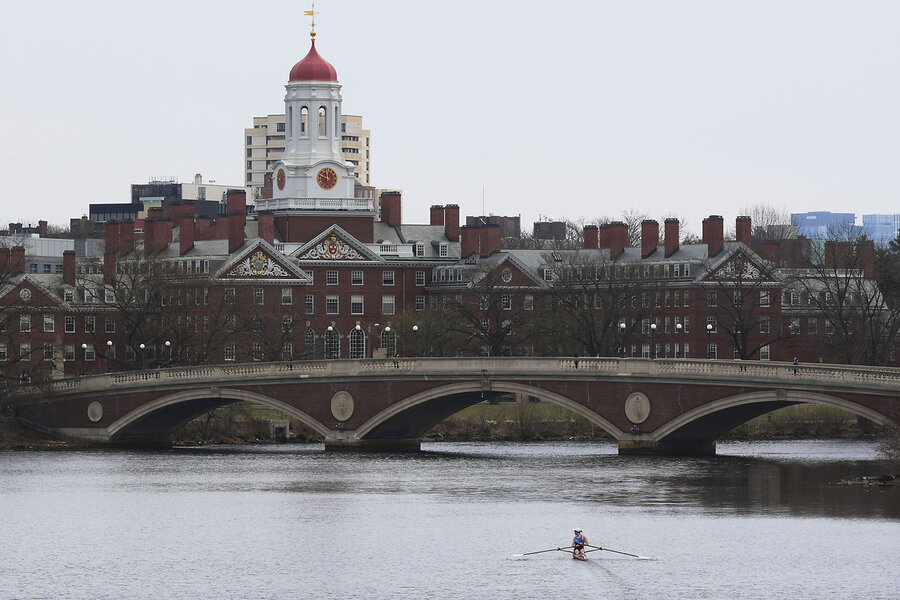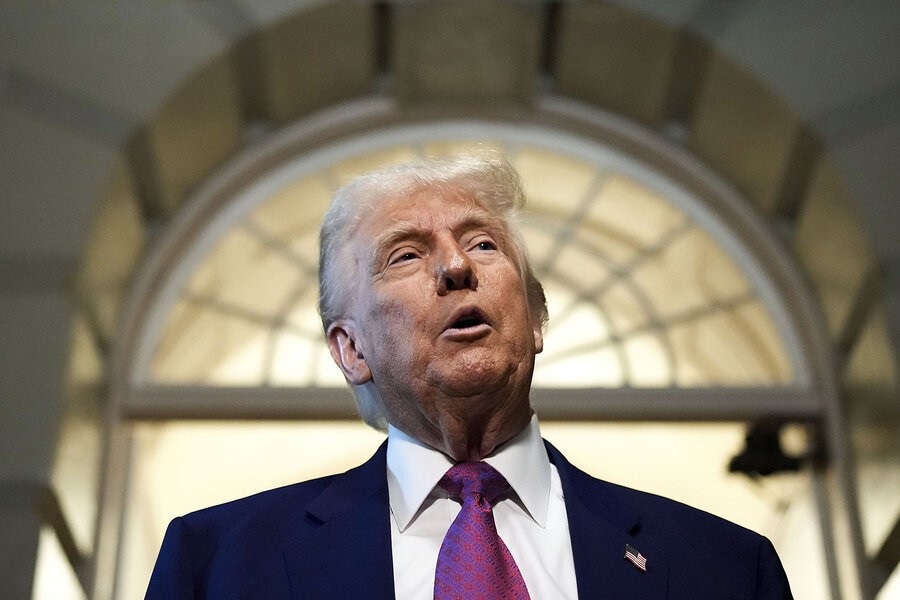Now Reading: Supreme Court Blocks Religious Charter Schools-for Now
-
01
Supreme Court Blocks Religious Charter Schools-for Now
Supreme Court Blocks Religious Charter Schools-for Now

Quick Summary
- The U.S. Supreme Court tied 4-4 in cases regarding the proposed establishment of St. Isidore of Seville Catholic Virtual Charter School, leaving the Oklahoma Supreme Court’s decision intact.
- The Oklahoma ruling blocks the operation of a taxpayer-funded religious charter school, citing constitutional concerns over church-state separation.
- Justice Amy Coney Barrett recused herself, leading to no federal precedent being set by the split decision.
- advocates worry that allowing religious charter schools could redefine public schools and create legal complexities for existing state bans on funding private institutions.
- Religious liberty debates hinge on balancing First Amendment clauses-prioritizing either “establishment” or “free exercise.”
- charter school advocates welcomed the result, emphasizing that such schools remain public entities under current legal frameworks.
Image Description: A photo shows Oklahoma’s State Capitol building, representing where earlier decisions were made defining a charter school as fully public.
Indian Opinion Analysis
The Supreme Court’s tie leaves critical questions unanswered about redefining public schooling and church-state boundaries in America.While this judgment maintains conventional distinctions between secular government institutions and faith-based organizations-ensuring no direct taxpayer support flows to religious proselytization-it signals future uncertainty as any new similar case could invite challenges depending on judicial lineup changes. For India, observing such precedents is useful given its own constitutionally enshrined secularism amidst diverse religious communities.India faces comparable debates about educational inclusivity and funding fairness between private institutions-all underscored by complex intersections of religion and governance. While India’s approach favors maintaining secular standards across publicly funded entities like schools or colleges (Article 28), deliberations emerge globally concerning balancing essential freedoms with institutional neutrality from all faiths alike-not endorsing while not obstructing practice rights either.
Neutral judicial stances underscore challenges even for advanced democracies seeking equilibrium amid evolving needs spanning constitutional guarantees linked indirectly yet deeply societal models Apply global insights cautiously adapting nuanced lessons suited India-specific contexts

























